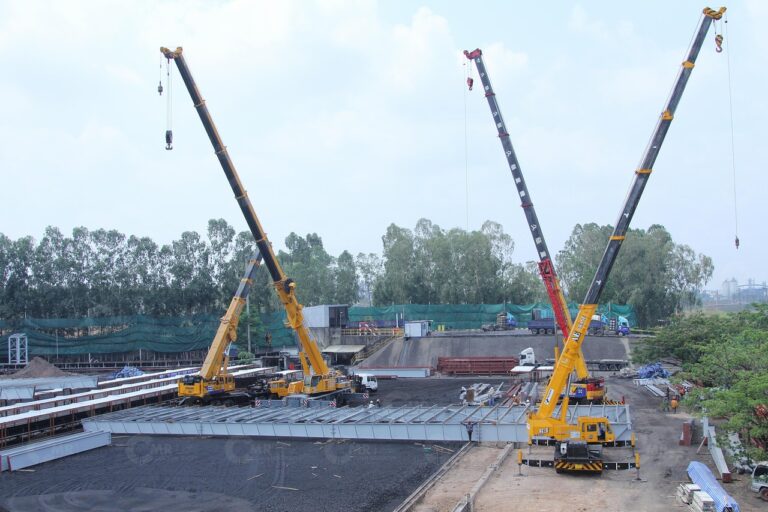The Future of Autonomous Ships: Innovations in Maritime Industry
The introduction of autonomous ships marks a significant shift in the maritime sector, with the potential to revolutionize traditional shipping practices. These unmanned vessels are equipped with cutting-edge technology, including sensors, artificial intelligence, and advanced communication systems, enabling them to navigate the seas without the need for onboard human crew members.
Autonomous ships offer numerous advantages, such as increased operational efficiency, improved safety, and reduced environmental impact. With the ability to operate 24/7 and make real-time decisions based on collected data, these self-navigating vessels can optimize routes, reduce fuel consumption, and minimize the risk of human errors. This technological leap opens up new possibilities for the shipping industry, paving the way for a more cost-effective and sustainable future.
The Evolution of Autonomous Technology in Shipping
Autonomous technology in the shipping industry has undergone significant advancements in recent years. With the development of sophisticated sensors, software, and artificial intelligence, ships are now capable of performing various functions autonomously, without the need for constant human intervention. These advancements have the potential to revolutionize the way goods are transported across the seas, making shipping more efficient, cost-effective, and environmentally friendly.
One of the key benefits of autonomous technology in shipping is the ability to enhance safety and reduce the risk of human error. By leveraging advanced sensors and real-time data analytics, autonomous ships can navigate treacherous waters more effectively and avoid potential collisions with other vessels. This not only improves the safety of crew members onboard but also reduces the likelihood of environmental disasters caused by maritime accidents.







